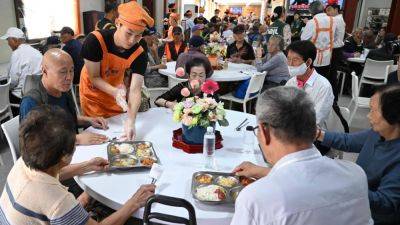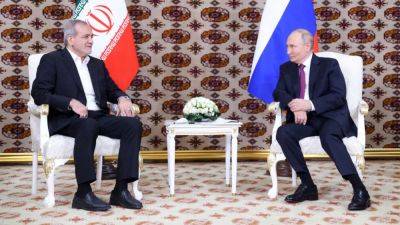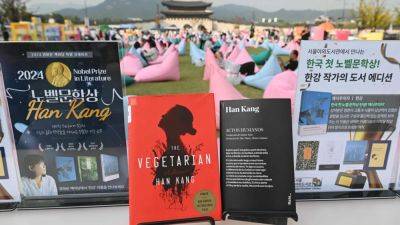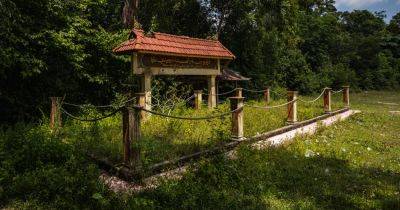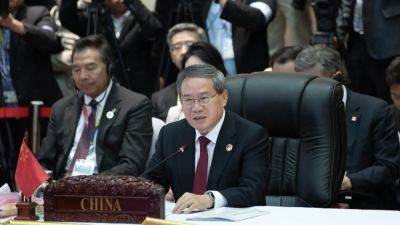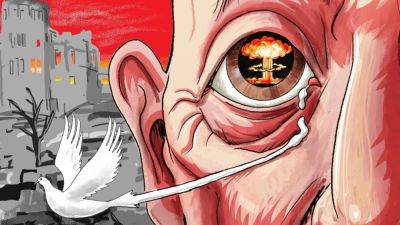Nobel Prize endorses US abandonment of free markets
The Royal Swedish Academy of Sciences, following a recommendation by the Economic Sciences Prize Committee, awarded the Nobel Prize in Economics to Daron Acemoglu, Simon Johnson and James A Robinson for their so-called “groundbreaking” work on the role of institutions in shaping economic development.
Their analysis highlights how inclusive institutions drive economic success while extractive institutions contribute to national failure. This decision recalls the 2009 Nobel Prize, which recognized Elinor Ostrom and Oliver E Williamson for their seminal contributions to economic governance, particularly on how institutions and organizations manage common resources and resolve conflicts.
In 2009, the Nobel Committee acknowledged the importance of institutions and governance by selecting a political scientist and an economist who studied these aspects within firms. Similarly, the 2024 prize reflects a shift away from free-market economics, emphasizing instead how institutional frameworks and governance structures affect economic outcomes.
Why has the Nobel Committee consistently favored non-economic theories over traditional economic models, particularly after successive economic and financial crises? Look no further than the changing geopolitical economy and the constraints the Nobel selection committee likely faced.
The 2009 decision to award Ostrom and Williamson was primarily driven by the aftermath of the 2008 global financial crisis, a time when Western free-market ideologies faced intense scrutiny.
The long-held belief that markets allocate resources optimally—resulting in goods and services at the lowest prices, maximum profits for producers and no resource wastage—was shown to be fundamentally flawed.
Alan Greenspan,


